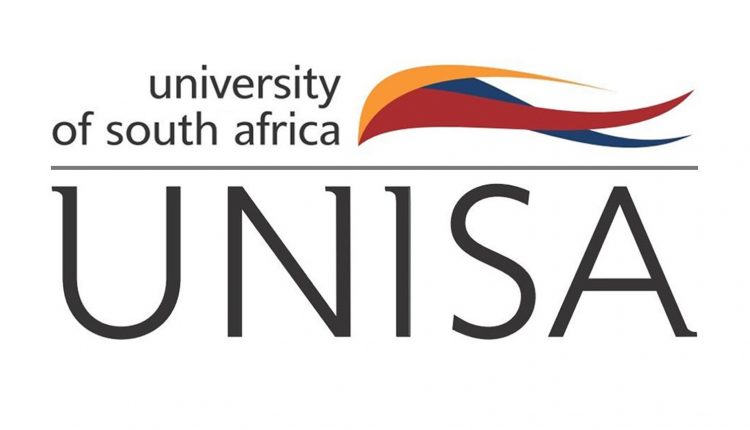University of South Africa: Persistence gained her double international awards
Themed Fostering Research Integrity in an Unequal World, this was the first time that the WCRI was held in Africa. The conference facilitated an international academic research platform, where various stakeholders such as researchers, organisation leaders, national and international policymakers, funders and journals across all disciplines came together to discuss various research ideas. Among others, the discussion focused on the common ethical challenges faced by researchers, the promotion of innovative research integrity education, and the promotion of diversity, equity and fairness in academia.
Forbay remarks: “The conference’s hybrid approach provided additional subthemes relevant to many African and low- and middle-income countries. The subthemes included a focus on colonial legacies and research integrity, moving forward by building equity into research, and counteracting plagiarism in multicultural and multilingual contexts.”
Regarding her awards, the Doctoral Forum selected seven out of 249 doctoral students to be part of the closed oral presentation. It took the format of a peer debriefing or peer review session, where doctoral students worked together to interrogate each other’s research projects in an unbiased and constructive manner, with the intention to improve the quality, thereof. Forbay says: “The forum allowed for uncovering bias in my research stance. It helped me be more mindful of my posture towards the research process and detect problems in my perspective and assumptions. For qualitative researchers, peer debriefing is an important technique to probe the researcher’s process and establish credibility in one’s research.”
The Japanese words “Pecha Kucha” means “the sound of conversation”. Forbay’s paper was entitled Labyrinth moments: Evidencing reflexivity in intersectional research that uses constructivist grounded theory. “In the paper, I grappled with the methodological and ethical dilemmas that I encountered during the various stages of the research process, from the conceptualisation of the study to the interpretation of the findings. I am extremely grateful for the support and guidance of my supervisor, Prof Peliwe Pelisa Mnguni of Unisa’s GSBL,” she states.
Addressing the marginalisation of the “other” black women
Forbay’s doctoral study is entitled The “other Blacks”: An intersectional perspective on the lived experiences of coloured women leaders. She explains: “Popular media and public discourse assign ‘celebrity’ status to the few black women in top or senior leadership positions in South Africa. Their high visibility creates a false sense of race and gender transformation. Various research statistics indicate that changes in gender representation have been marginal, and men continue to dominate the country’s top and senior leadership positions.”
While there is a growing body of intersectional leadership studies in South Africa, Forbay states that the lived experiences of coloured women leaders remain a footnote in the South African gender transformation narrative. “This does not reflect well on their meaningful inclusion in the top and senior leadership positions. According to the 2022 Commission for Employment Equity report, white women, followed by Indian women, have benefited the most from transformation legislation. African women fare relatively better in public sector leadership, but the under-representation of coloured women cuts across sectors,” notes Forbay.
Forbay’s study aims to investigate how the intersection of race, gender and class impacts the lived experiences of coloured women leaders in South Africa. She elaborates: “A conceptual framework that draws on coloured women leaders’ lived experiences will be developed to ensure that their voices inform their meaningful inclusion in the top and senior leadership positions across sectors.”
Acknowledging how challenging a postgraduate journey is, Forbay encourages researchers to know their truth, and to speak and write it. In addition, she advises student researchers to have one-on-one sessions with their supervisors and participate in peer debriefing sessions. “It is important to keep a reflexive journal to help you navigate your journey to the end, mitigate and manage the feelings of inadequacy. It is also important to maintain a good relationship with your supervisor in your postgraduate journey,” she concludes.

